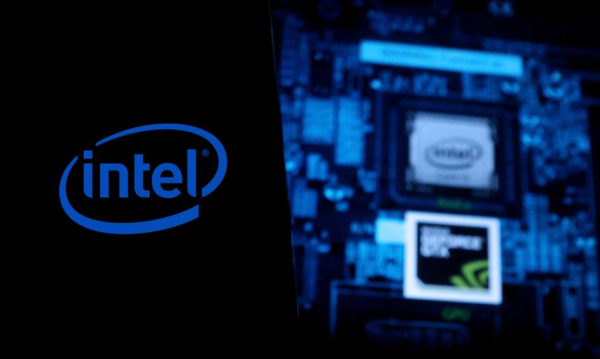US President Donald Trump on Thursday called on Intel CEO Lip-Bu Tan to resign over alleged conflicts of interest. Republicans say the chipmaker’s new CEO has ties to companies with ties to the Chinese government.

“The CEO of INTEL has major conflicts of interest and must resign immediately. There is no other solution to this problem,” Trump wrote on his social media platform, Truth Social.
Although he did not provide any explanation for his statement, it came after Republican senator Tom Cotton, chairman of the Intelligence Committee, accused Tan on Tuesday of having ties to the Chinese communist authorities.
Advertisement See also: Take part in our stock market multi-thlon! Disciplines: sprint for stocks, dive into ETFs, and push your wallet for the prize.
“Mr. Tan reportedly controls dozens of Chinese companies and has stakes in hundreds of Chinese advanced manufacturing and integrated circuit manufacturing companies. At least eight of these companies reportedly have ties to the People’s Liberation Army,” Cotton wrote in a letter to the company’s board, demanding an explanation.
As Tan noted, he was, among other things, president of Cadence Design, which, under his leadership, sold its computer chip design tools to a Chinese military academy. As a result, the company was forced to settle a lawsuit for $140 million.

In response, the company stated that “Intel and Mr. Tan are deeply committed to the national security of the United States and the integrity of its role in U.S. defense” and announced a response to the politician’s letter.
Lip-Bu Tan took over Intel in March, tasked with returning the company—formerly a leading chipmaker—to growth. The company recently decided to cancel construction of factories in Poland and Germany, deeming it overinvested.
Intel has contracts with the Pentagon and is the largest beneficiary of subsidies under President Joe Biden’s CHIPS Act, which was intended to revitalize U.S. semiconductor production.
Trump’s appeal comes a day after he announced 100 percent tariffs on imported semiconductors. However, the tariffs will only apply to companies that do not commit to building factories in the United States. Most of Intel’s facilities are located in the United States.
From Washington, Oskar Górzyński (PAP)
osk/ mal/